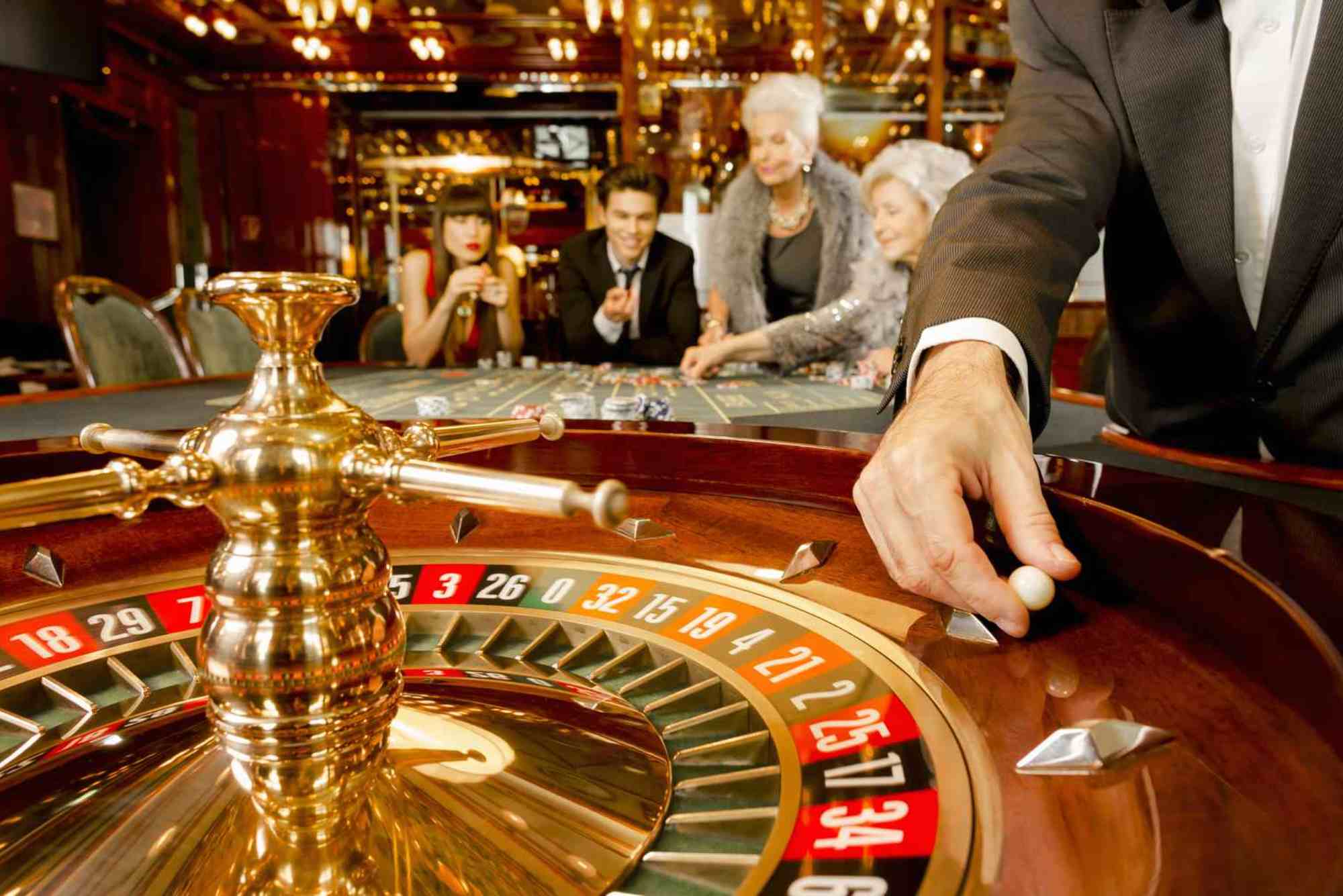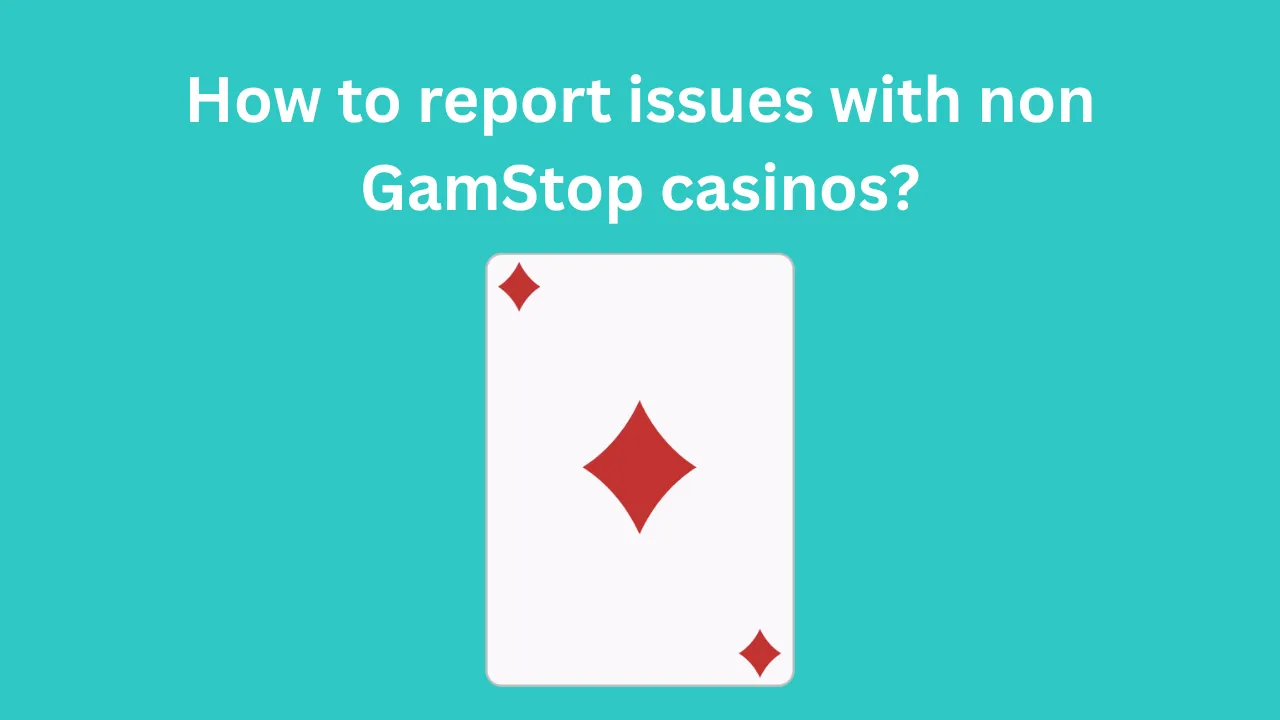Are Betting Odds Really Fair or Always in the House’s Favor?
Betting odds have long intrigued both casual gamblers and seasoned bettors. The question at the heart of many gambling discussions is: Are betting odds really fair or always in the house’s favor? Understanding how odds work, what influences them, and how the house maintains its edge is vital for anyone interested in gambling, whether at a traditional casino or a uk crypto casino. This article delves deep into the truth behind betting odds, casino strategies, and responsible gambling, offering clarity on a topic that can often feel mysterious.
Understanding Betting Odds and the House Edge
At the core, betting odds represent the probability of an event happening. They are the mathematical expression of risk and reward, giving bettors an idea of how much they can win versus their stake. However, while odds aim to reflect real probabilities, they are almost never perfectly balanced to the bettor’s favor. This imbalance is what creates the house edge, a small percentage advantage that casinos and bookmakers embed in their odds to ensure long-term profitability.
For example, in games like roulette or blackjack, the house edge varies but consistently favors the casino. Even in sports betting, odds offered by bookmakers include a margin known as the “vig” or “juice” — a fee built into the odds that guarantees the bookmaker a profit regardless of the outcome.
This built-in advantage means that while the odds may appear fair on the surface, they are subtly tilted in favor of the house, ensuring the casino or bookmaker remains profitable over time.
Casino Strategies and How They Influence Fairness
Despite the inherent house edge, savvy players can employ strategies to improve their chances. Games like blackjack allow for skill-based strategies such as card counting, which can temporarily shift the odds closer to fairness or even in the player’s favor. Similarly, betting strategies such as the Martingale or Paroli systems try to manage risk and reward in specific ways, though none can fully overcome the house’s long-term advantage.
Casinos design games and betting structures so that while occasional wins are possible and even likely, the mathematical expectation is that the house wins more over many plays. The key takeaway is that the “fairness” of betting odds depends not only on the numbers but also on the player’s skill, knowledge, and approach.
The Role of Odds and Probabilities in Game Selection
Choosing which games to play is crucial for bettors who want to maximize fairness. Games with a lower house edge, such as blackjack or baccarat, generally offer better odds than slot machines or some lottery-style games. Understanding the probabilities behind each game helps players make informed decisions rather than relying on luck alone.
Sports betting also requires careful odds comparison. Bettors who shop around for the best odds and understand implied probabilities can find better value bets. Modern platforms, including reputable uk crypto casino sites, provide tools and statistics that make this easier than ever before.
Bankroll Management: Balancing Risk and Reward
No discussion about betting fairness is complete without addressing bankroll management. Even the best odds and strategies can fail if a player doesn’t manage their funds wisely. Setting limits, understanding variance, and knowing when to walk away are essential habits that preserve capital and prolong playtime.
Effective bankroll management does not change the odds but can help players withstand the house edge’s inherent volatility, increasing the chances of capitalizing on favorable odds when they arise.
How Bonus Offers Impact Fairness
Many casinos and betting sites attract players with bonus offers such as free bets, deposit matches, and loyalty rewards. These bonuses can sometimes tip the balance towards the player, offering added value that slightly improves overall fairness.
However, bonuses usually come with wagering requirements and restrictions that can reduce their actual benefit. Players should carefully read the terms and conditions to understand how these offers impact their effective odds and chances of winning.
Responsible Gambling and Legal Considerations
Fairness in betting also includes the ethical and legal frameworks governing gambling. Licensed and regulated casinos and bookmakers are required to provide transparent odds and adhere to fairness standards. This regulation protects players from unfair practices, ensuring that odds are calculated accurately and games are not rigged.
Responsible gambling is critical to maintaining a healthy relationship with betting. Recognizing the house edge, setting limits, and seeking help when needed ensures that betting remains an enjoyable activity rather than a harmful one.
Are Betting Odds Really Fair?
In summary, betting odds are mathematically designed to favor the house over the long term. While odds may look fair, and sometimes players can gain an edge through skill or bonuses, the house’s advantage is embedded to ensure profitability. Understanding odds, employing sound strategies, managing bankroll effectively, and playing responsibly can improve your experience but never fully eliminate the house edge.
If you’re interested in exploring betting with transparency and fairness, choosing licensed platforms like a uk crypto casino offers added security and confidence. Remember, knowledge and discipline are your best tools in navigating the world of betting odds — turning the odds from mysterious numbers into strategic opportunities.




